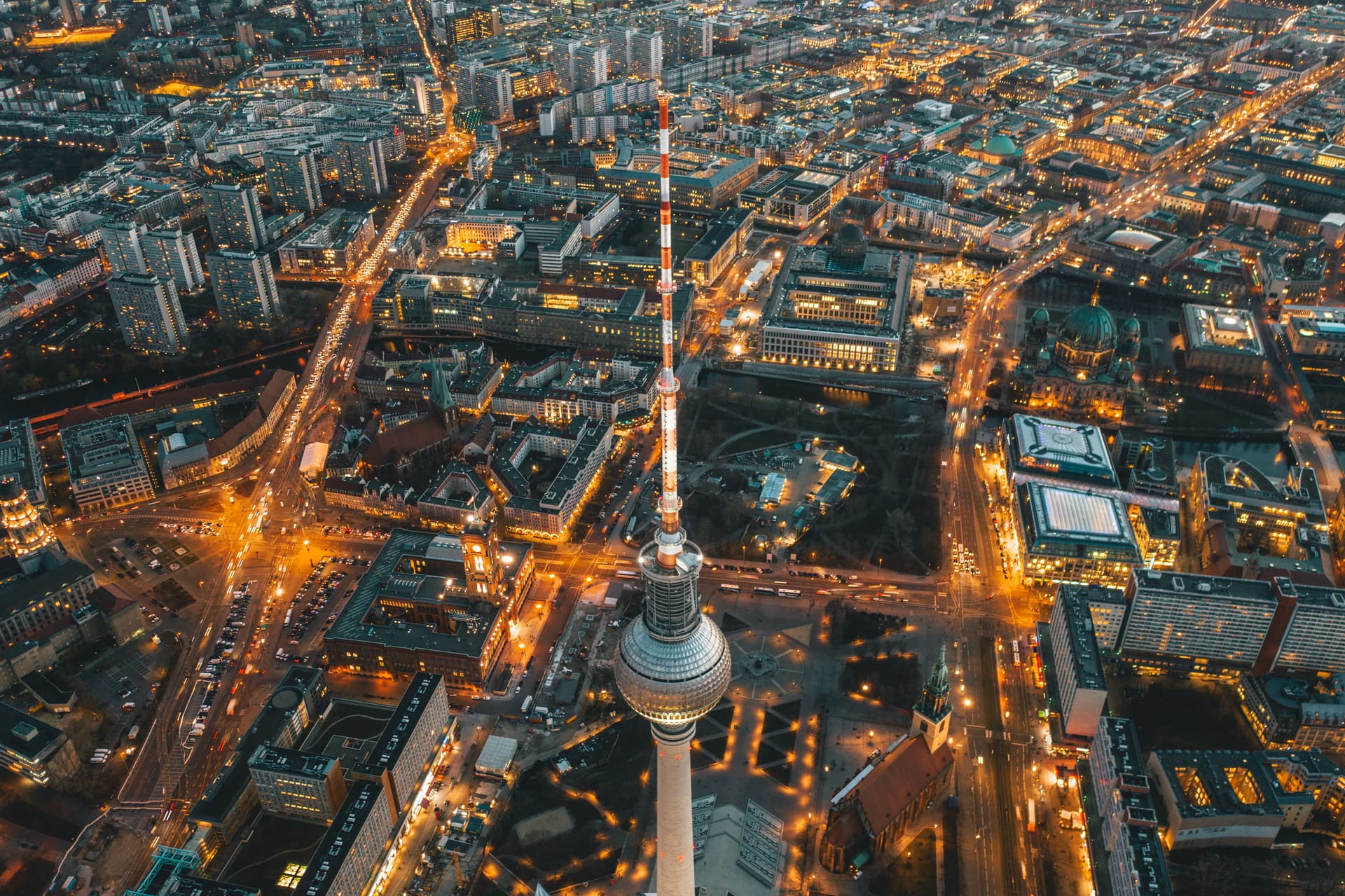Social environment protection areas in Berlin

07.
July 2022
Berlin remains one of the most attractive real estate locations in Europe. However, the steady influx of new residents and the resulting rise in rents are not met with enthusiasm everywhere. In addition to the rent brake and the rent cap overturned by the Federal Constitutional Court, the so-called "Milieuschutz" is particularly controversial. Since the 1990s, "social preservation areas" have been designated in the German capital - popularly known as "Milieuschutzgebiete" (social environment protection areas). For investors and property owners, the designation of a protected area can have wide-ranging consequences. In this blog, we explain the most important points and show you which areas in Berlin are currently being protected.
Environmental Protection - Goals and Consequences
The declared aim of the so-called "social preservation ordinance" is to maintain the composition of the residential population as well as the urban development and architectural characteristics in the designated areas. Modernization measures, the conversion of apartments into commercial space, the conversion of rental apartments into owner-occupied apartments - all these measures are not simply possible in social conservation areas. The owner needs the express permission of the responsible district office to do so. This is intended to prevent the displacement of the resident population. You can also read more about the "Milieuschutzgebiete" (social environment protection areas) here at the Berlin district office in Mitte.
Owner-occupied apartments also affected
The restrictions affect not only rented flats, but also owner-occupied apartments, vacant apartments and even non-residential buildings. With the exception of pure maintenance measures such as repairs, virtually all structural measures are subject to application. In addition, there is a statutory right of first refusal for the respective district. Measures subject to application include in particular:
Modification of buildings (e.g. modernization of all kinds)
Deconstruction of buildings (e.g. demolition of buildings)
Change of use of buildings (e.g. conversion of apartments into offices)
Conversion of rented apartments into owner-occupied apartments
Sale of properties
If the owner of an apartment plans to take one of the measures, he or she must first go through an approval process at the district office, which takes one month as scheduled, but may be delayed due to modifications and additional requirements issued by the district office.
Modernizations and conversions only possible under certain conditions
In the approval process, the district office checks whether modernization measures lead to a risk of displacement as a result of increasing rents. In particular, so-called luxury refurbishments are to be prevented. These include the addition of balconies and the installation of additional toilets, double hand basins or fitted kitchens. Floor plan changes and the dividing or merging of apartments must also be approved. In the process, the district office compares the rent assessed after modernization, including the modernization apportionment, with the so-called ordinance rents, which are based on the rents in the entire social environment protection area. If rents are below this benchmark, or even if there is no allocation of modernization costs at all, the chances of a positive decision are higher.
The conversion of rented apartments into owner-occupied apartments is also only approved in exceptional cases. As a rule, owners must commit to selling their apartments only to tenants within seven years. The statutory regulations, including the exceptions, can be found in Section 172 of the German Building Code (BauGB).
What are the affected areas in Berlin?
In total, there are more than 70 designated social environment protection areas in Berlin. These are mainly located in the districts of Mitte, Friedrichshain-Kreuzberg, Tempelhof-Schöneberg, Neukölln and Pankow. However, the number of these areas is growing steadily - in Charlottenburg-Wilmersdorf, among other places, there are plans to designate additional ones. These areas cover individual neighborhoods and streets. On this map you can see their locations in the Berlin metropolitan area.
Doubts about the effectiveness of environmental protection
However, it is highly controversial whether the protection of residential areas actually helps to make the housing market in Berlin more equitable. The Cologne Institute for Economic Research (IW), among others, criticized in an expert report that households looking for an apartment in Berlin are disadvantaged and that urgently needed investments in the housing stock are inhibited by the additional bureaucratic hurdles. On the one hand, according to the authors of the report, the modernization ban poses the risk that less living space will be created, since it represents a hurdle for attic conversions, for example. Due to the lack of building land, Berlin in particular is dependent on redensification measures and loft conversions to create the urgently needed living space for the growing city. On the other hand, the IW report sees this as counteracting Germany's climate protection targets. Since the building sector plays a central role in achieving these goals, the report argues that energy-efficient refurbishment should be promoted rather than hindered, which is the case in social environment protection areas.
Conclusion: Carefully examine the location of an apartment
If you are interested in purchasing an apartment in Berlin, you should pay attention during the selection process to whether it is located in a "Milieuschutzgebiet" (social environment protection area) or whether there are already discussions about a possible designation of the neighborhood as such. The location of an apartment in this type of area does not always have to be considered bad - however, keep in mind that you may only carry out extensive modernizations with the approval of the responsible district office. Feel free to contact us if you are interested - as a reliable and experienced partner, we at ACCENTRO will assist you throughout the entire buying process and find the property in Berlin that fits your needs in the best way.